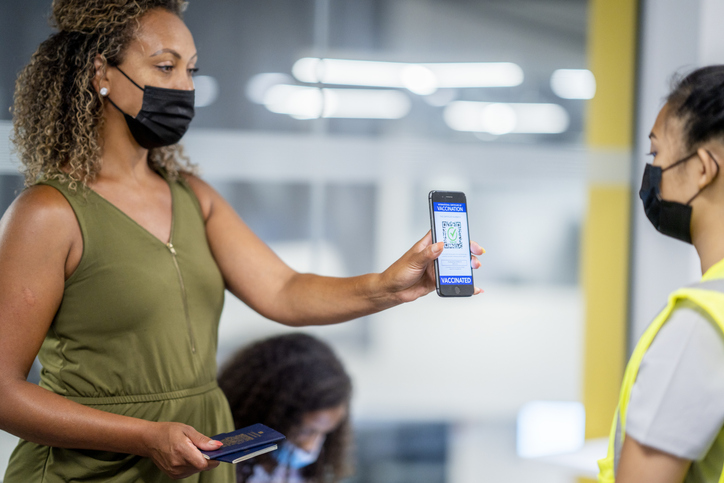
Source: FatCamera / Getty
With recent CDC guidelines stating that all travelers entering the U.S. must show a negative COVID-19 test taken no more than one day before travel, going overseas just got more complicated. Testing positive for COVID-19 while at home ranges from not-so-fun to scary, depending on the severity. However, at least when you’re in your hometown or within driving distance of it, you can quarantine in the comfort of your private residence. You have access to your kitchen, you know where everything is and you can stay away from others. Testing positive for the novel coronavirus overseas gets messy.
Recently, India, Brazil and the U.S. have seen the highest rates of COVID-19, but certain pockets of Europe are getting hit hard as well, as you can see from a map published on the BBC by Johns Hopkins University. Depending on where your travels take you, you could enter a high-risk area. So what do you do if you test positive while abroad? From accommodations to health concerns, there is a lot to consider.
Speak to the Embassy
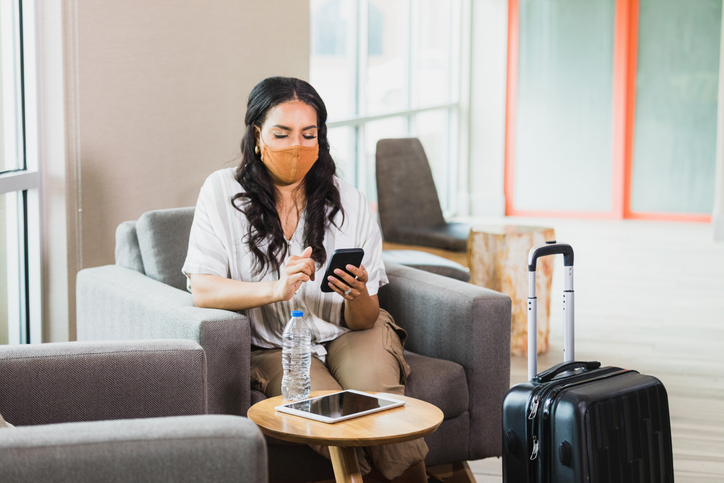
Source: SDI Productions / Getty
The best thing to do right away is to call your local embassy at your travel destination. They will have all of the up-to-date information regarding quarantine requirements, where and how to receive medical treatment, accommodations and more. While some hotels and airlines know this information, many do not. Only your local embassy can give you accurate and timely information. They will also have a list of verified resources including places to stay and clinics for testing.
Figure Out Accommodations
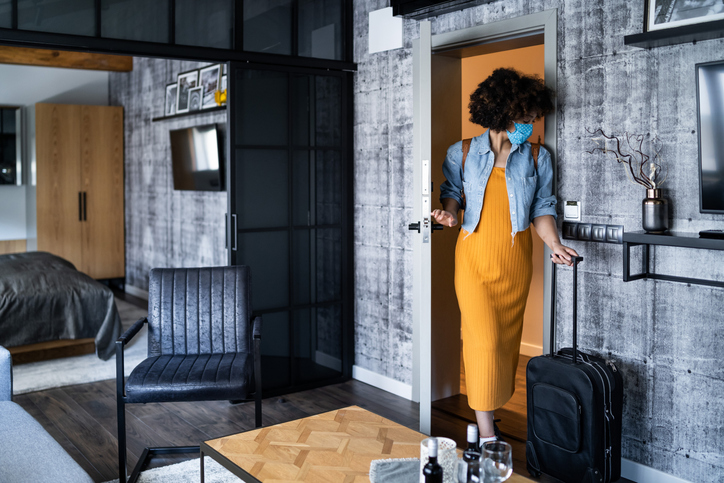
Source: valentinrussanov / Getty
Accommodations will prove one of the more expensive parts of this situation. If you are currently staying at a hotel, notify them that you have tested positive and ask what the rate will be to stay longer. Some hotels will offer you a reduced rate if you’re required to stay for your quarantine. If you cannot afford the rate, the best option is to rent a private accommodation such as an apartment, house or even an RV or boat. You will not want to (nor will you be allowed to) stay at a communal-style accommodation such as a hostel where you are unable to isolate yourself from others.
Know Your Insurance Coverage
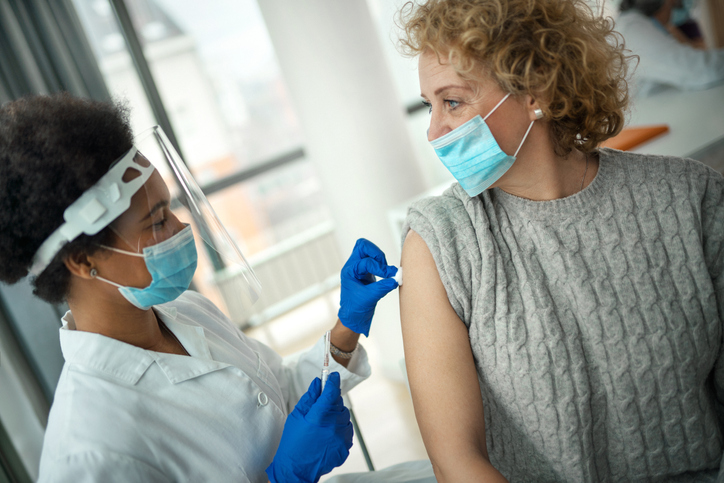
Source: gilaxia / Getty
It is a good idea to know what your health insurance covers before traveling abroad. If your health insurance does not cover overseas treatment and services, you will need to purchase a travel plan. Make sure your plan covers treatment and tests related to COVID-19. There are travel insurance plans that also cover some or all of your accommodations and meals, should you have to extend your stay to quarantine. Look into The Covac Global, which offers a comprehensive COVID-19 travel insurance package. It is pricey, but should you require hospitalization, transport and further treatment while overseas, it is a lifesaver.
Notify Fellow Travelers
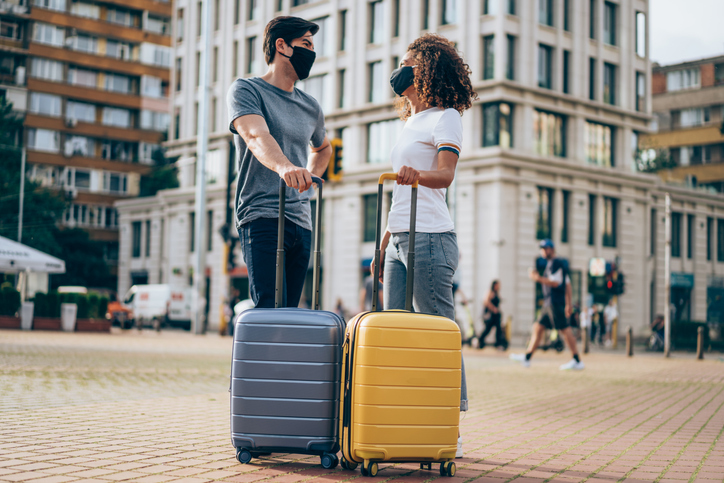
Source: VioletaStoimenova / Getty
If you have been traveling with others, you must notify them immediately when you test positive. Vaccinated individuals should test five days after exposure to you and should wear a mask in public settings and while around others until testing negative. The CDC says it is best to avoid travel for up to 10 days after exposure to someone with COVID-19. However, if exposed travelers had COVID-19 themselves within the previous 90 days of exposure, the CDC states they do not need to get tested or quarantine.
Have a Concierge Help With Deliveries

Source: Longhua Liao / Getty
If you do extend your stay at a hotel due to COVID-19 infection, ask the concierge to arrange for delivery of food and other supplies. While you are in a foreign country, you might not be familiar with legitimate delivery services, websites or apps. A hotel staff member can help you order what you need through legitimate avenues. Do make sure the entire hotel staff is aware that you are infected and that they are not to enter your room. You should remain in your room and avoid public areas of the hotel such as the gym and restaurants. The hotel might be able to provide you with a refrigerator for your room, which will help you stock up on food deliveries and save money, rather than ordering room service for every meal.
When Can I Go Home?
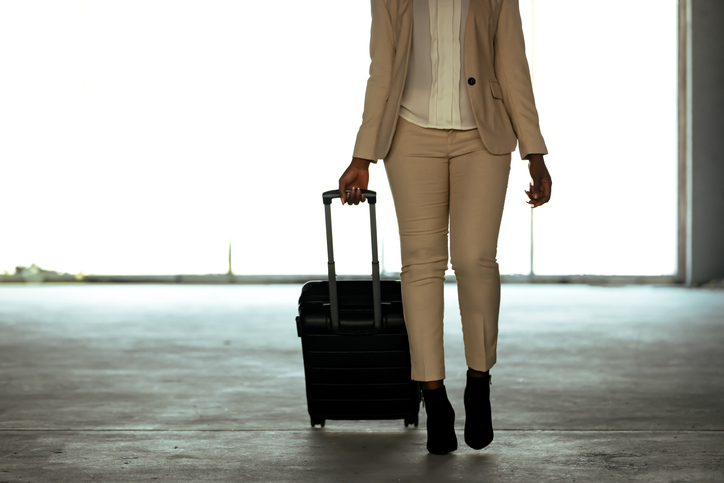
Source: ljubaphoto / Getty
In order to return home, you will need proof that you have recovered from COVID-19. The CDC says you’ll need to show “Your positive COVID-19 viral test result on a sample taken no more than 90 days before the flight’s departure from a foreign country and a letter from a licensed healthcare provider or a public health official stating that you were cleared to travel.” Quarantine times will vary depending on the length of symptoms, but you should be prepared to quarantine for at least 10 days.








